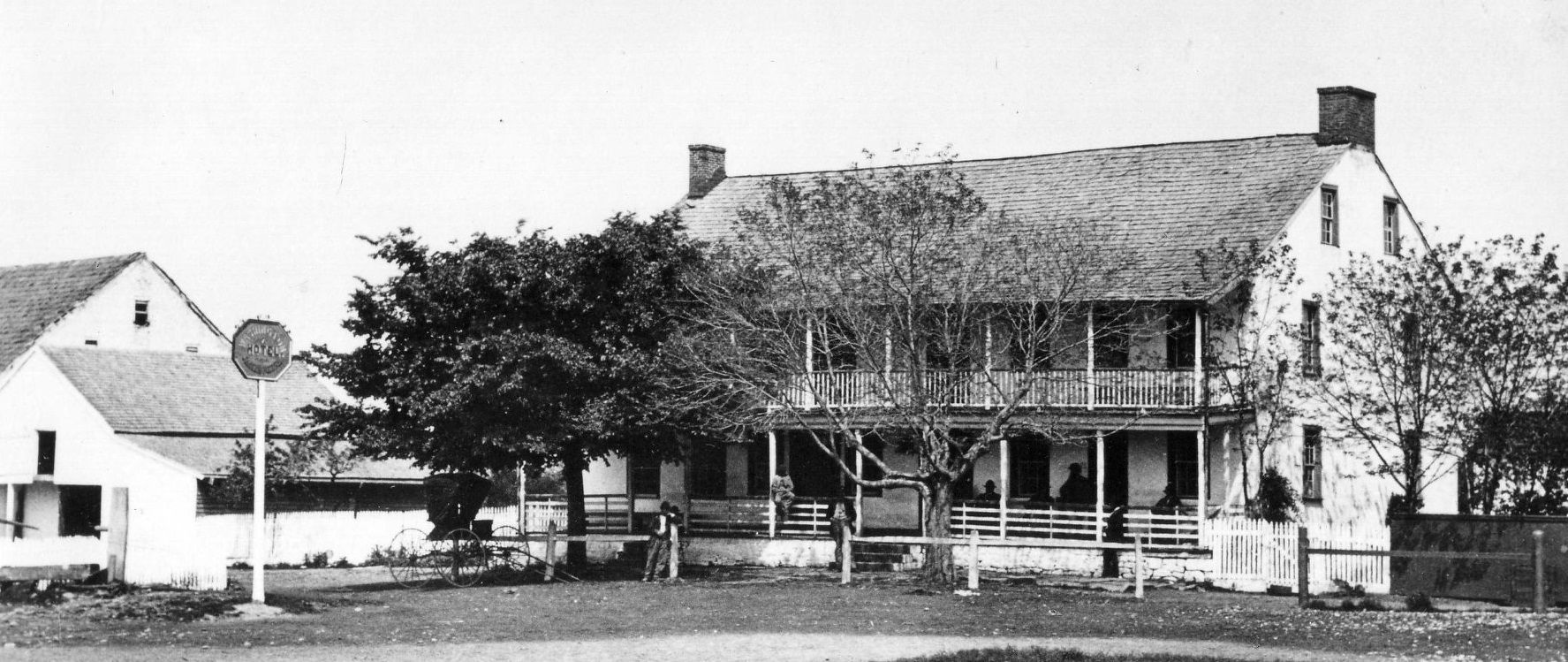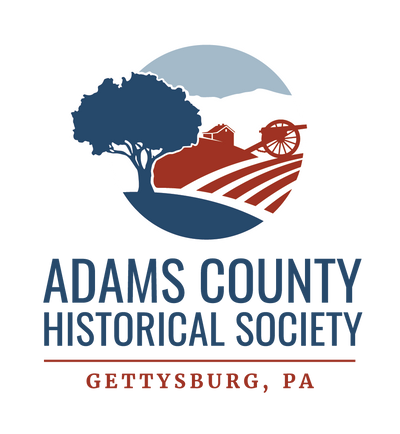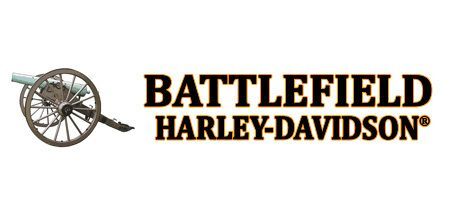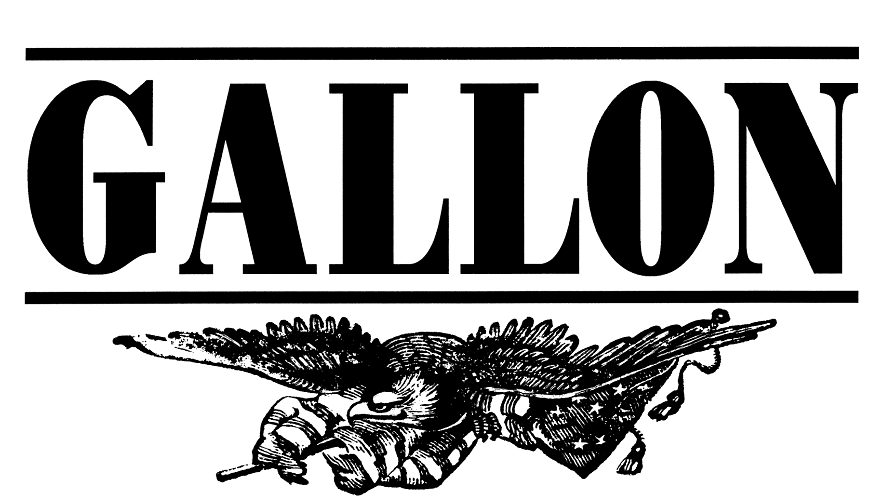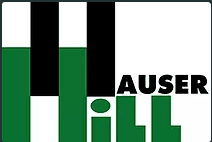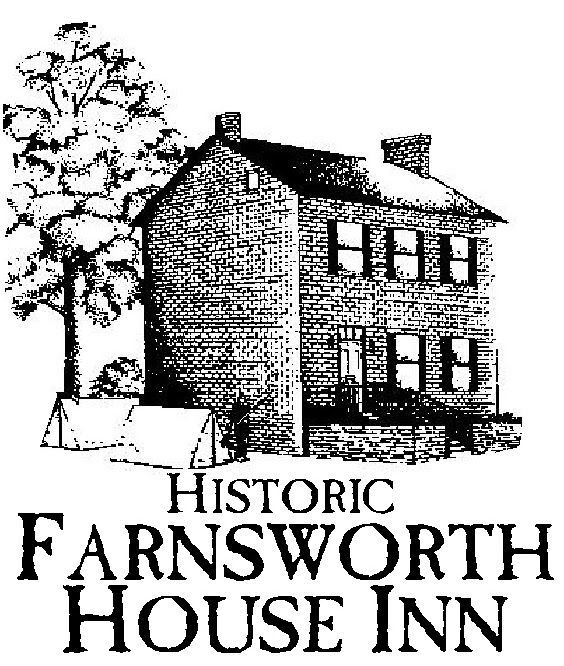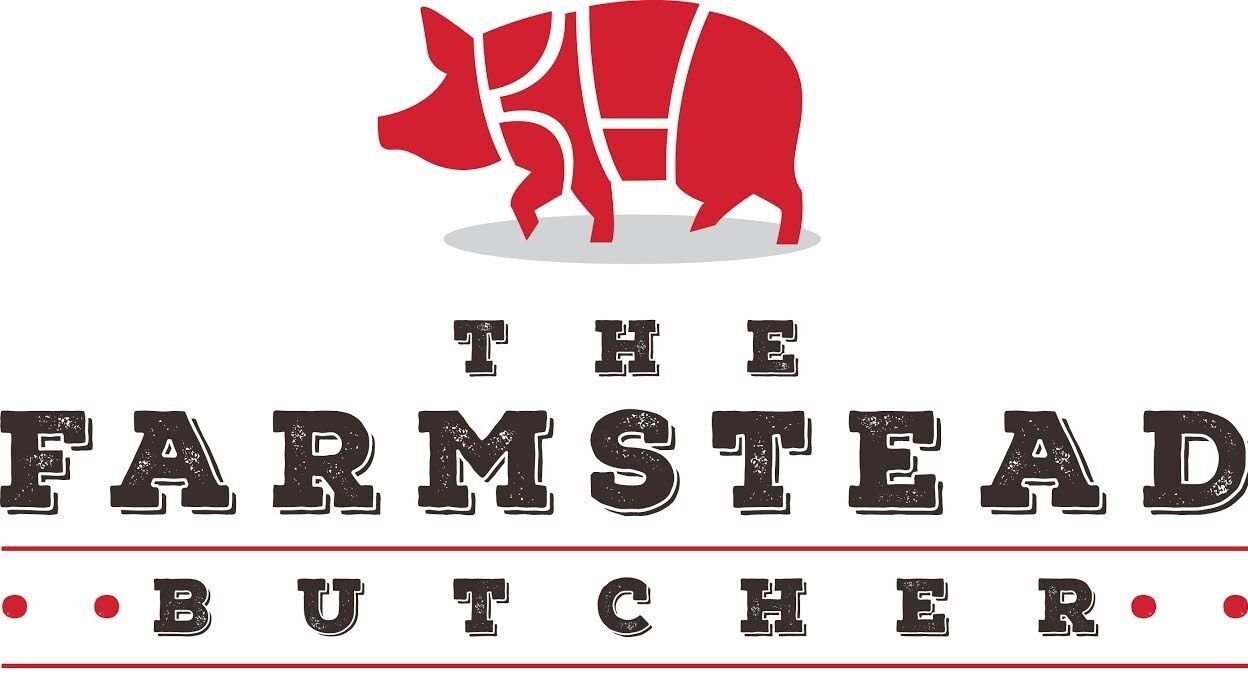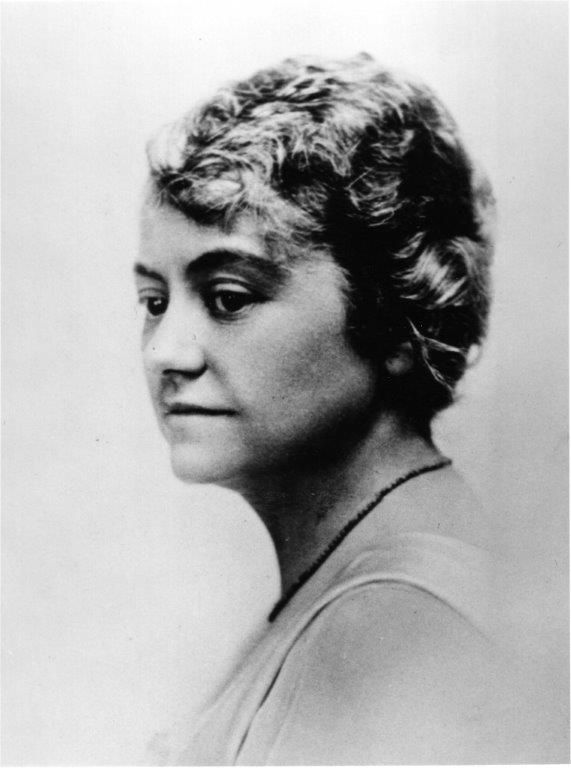
Elsie Singmaster was a local author. We will be selectively republishing some of her stories on the #15SouthBlog. You can learn more about Singmaster's work here.
Stepping over the low worm fence, Henry Claibourne crouched, trembling, in a thicket of scrub oaks. It was early in April, 1861, and already, in the warm Virginia sunshine, rich leaves, about half their full size, twinkled in the wind. A near-by stream, flowing northward toward the Potomac, ran full, and against its soft murmur could be heard the songs of almost all the summer birds.
Six feet four inches tall and of perfect bodily proportions, Claibourne was a magnificent creature, especially when seen from a distance. Near at hand, his magnificence dwindled; the top of his head seemed to contract and his chin to recede. His skin was pale, his eyes and hair black, and on the lower part of his face, though he had shaved only a few hours ago, lay a dark shadow. He was only twenty years old, but he had had, for two years, a man’s beard, of which he was extremely proud. Stronger than his vanity was his cowardice and he had shaved in order to disguise himself. Now terror gave him a wild look and his teeth chattered. He heard above the sound of the stream and the bird songs the thud of horses’ feet and he laid himself prone upon the earth and seized the stems of low bushes to hold himself down.
Three men came riding along with a determined and serious air; fearless officers of the law, bound upon the apprehension of a murderer, would look about and ahead in exactly their stern fashion. They were in pursuit of one whose intentions they held to be lower than that of a murderer.
Opposite Claibourne’s hiding place they drew rein and spoke distinctly.
“He’s got to join the company.”
“Perhaps he’s cleared out. He sold his horse.”
“Not him. He’d as soon face the devil as the Yanks.”
The speaker was mistaken; Claibourne was afraid of the Yanks, but he was more afraid of the mad intentions of his neighbors, with respect both to him and to their general behavior. When the last echo of their departure died away, he rose and ran along the stream to the Potomac. Maryland, he had heard, would not secede – there he would take refuge.
On the fourth day, having traveled at night, he crossed the line. He shaved each morning before a pocket mirror and with a razor and soap he had brought, and he believed himself unrecognizable without his beard. He decided it was safe to travel by day and he came to a town. Before the court house, a crowd had gathered and some one was speaking, a tall man with an unnatural expression on his pale face.
“Yesterday will go down in history with Lexington,” he declared.
Claibourne turned to the man beside him.
“What has happened?”
The Southerners have fired on Fort Sumter yesterday.” Answering quickly, the man turned to listen.
“It means war. President Lincoln won’t endure that. Within a month, men will drill on this square, within –“
A laugh interrupted the speaker, coming from the throat of a stout man in well-cut habit and shining riding boots, mounted on a tall horse. The speaker looked at him calmly, and he laughed the more.
“Mark my words,” said the pale man, and walked away. In his quiet motions and in the laughter of the mounted gentlemen, there was hatred which, knowing its own strength, bade itself beware.
Still traveling carefully, Claibourne crossed the narrow tongue into which Maryland contracts and, without knowing it, entered Pennsylvania. Stopping at secluded farmhouses for food, he heard no talk of war – perhaps it would have been unnecessary for him to leave home. He came one day upon a cemetery, and beyond and below it, a pretty, sleepy town, and he stood still and took account. To the southwest and about a mile away, a hill lifted itself abruptly from the plain; to the west was a line of low mountains. With his mirror propped against a tombstone, he took off yesterday’s growth of beard; then he went down a long street toward the tree-embowered square. He read on a sign above the windows of a store, “Gettysburg Pharmacy.” It was still early and there was scarcely any one abroad.
On the slope of the mountain ten miles away, he caught a glimpse of a stone house a hundred yards from the road, and paused and looked back. The Checkered plain, stretching to the distant and invisible sea, and washed by the tides of the spring, spoke not only of peace, but of prosperity. His neighbors believed the North to be an arid waste – how astonished they would be at these great farms, so much better than their own!
He made his way through a stony lane to the old house. It was in poor repair, and the woods seemed to be advancing down the hill to close in upon it. He found a thick-set, sullen, middle-aged man struggling with a recalcitrant mule in the dirty yard of a long low barn. Claibourne had power over animals, and he quieted the kicking beast.
“He wanted to trample me,” said the master hoarsely. “Tie him to a tree. What are you doing in here?”
“I saw the house from the road,” explained Claibourne. “I’m looking for work.”
“Where do you come from?”
Claibourne nodded vaguely toward the southeast.
“Are you for the war?”
Confused and terrified, Claibourne hesitated, but his spirit spoke through his lips without the direction of his mind.
“No,” he said “I’m not for war.”
The man took his measure – he was clearly a coward and he had great strength. No one cold better suit his purpose.
“You come from the South – aren’t your men enlisting?”
Claibourne’s jaw dropped. “There’s to be war then?”
“There’s war now. Abe Lincoln has called for three hundred thousand men. You’re safe here, but you’d better keep out of sight. The war may last two years. I’ll give you work, but I can’t risk having you caught on my place. If you want to stay, you go up there in the woods and dig up shrubbery and move it to the open spaces between the house and the road. You’ll find tools in the shed.”
“Do you live alone?” asked Claibourne, trembling profoundly.
“Yes. My name’s Cravatt.”
“My name’s Brown,” said Claibourne.
He found a crowbar and spade, but he needed a mattock, and he followed his new master into the long, low, tumbledown stable. In the blackness he could see nothing, but he was appalled by what he heard. The ill-smelling place was full of restless sound and motion, as though an army were concealed. As he stood trying to gather strength to flee, he saw the occupants of the black cave were not a thousand men, but about thirty uneasy horses and mules. From the darkness came Cravatt.
“What do you want?”
“I couldn’t find a mattock.”
“I left it against the wall outside the door.”
He did not explain the presence of this strange stud, and his silence prescribed the nature of the future bond between him and his servant.
On June 30, 1863, Claibourne walked uneasily round the small clearing. It was smaller than when he had arrived; carefully cultivated and well fertilized, the woodland growth had screened the house from the road. Honeysuckle grew in tangled masses, evergreens formed an opaque wall. The deciduous trees were chiefly white oaks, which retained their foliage until sap rose in the spring.
For three days Cravatt had been absent, and the procession of horses and mules had ceased. Thousands of worn and jaded mounts and sumpter animals were sent from the scene of war to Harrisburg to be exchanged and to take their turn in the Northern meadows, and from the great stables, each night, twenty or thirty stolen beasts started southward, spent the next day in Cravatt’s barn and took up their journey the next night by equine underground railroad. The profit had been large, the danger not excessive. Sometimes the animals bore, strapped to their backs, heavy cases containing side arms, ammunition, or other articles of immense value to the enemy. The march was directed by men who slept until evening and then returned, their places being taken by others who came from the South. The attendants used a row of cots placed in the parlor, where, pushed into a corner, there was an ancient set of horsehair furniture.
Claibourne’s face was still bare, if that adjective could be applied to his dark cheeks. Many times, impelled by vanity, he had abstained from shaving for a few days, but each time he had removed his beard in terror. Cravatt believed the South would win and its people come swarming into Pennsylvania to rule triumphantly, and he liked to tease Claiborurne with his prophecy.
Claibourne sat for a while on the doorstep, then he took up his walk around the house. No sky could have been more blue and clear, no spot more safe; there was no indication of the vast approach then in progress, thousands of Northerners from the south, thousands of Southerners from the north, their natural positions reversed by a military maneuver. The breeze brought as yet no sound of marching, no smoke of camp fires, no rattle of gun carriages, or shouts of men.
Having encircled the house a dozen times, he entered the kitchen, a large room, in which he spent his days and nights; then in his uneasiness he went to the front hall and climbed the stairs, his feet leaving their imprint in dust. He wondered often who had lived here; the upper rooms looked as though they had been put in order by a woman. Was she Cravatt’s wife and had she fled from her sullen companion? Or had she perhaps been done away with?
Opening a door, he entered a large room. The four-post bed had a deep valance round the top and another which fell to the floor; there was a dusty cover on the bureau and a dust towel on the washstand. He walked across the floor to lookout through the slatted shutters, stepping lightly and glancing over his shoulder, as though he were pursued by some ghostly enemy.
With his face pressed against the dim pane, he stood astounded – from the thick growth at the side of the clearing, a face looked at him! He was too nearly paralyzed to realize the interloper could not possibly see him, and he expected him to speak, perhaps to notify him that he was captured. But the eyes changed the direction of their gaze; they searched the side of the house and the clearing. He observed with a sharp terror that the man was dressed in a gray uniform. Suddenly face and shoulders were withdrawn and the aperture closed.
